|
The History of Roman Britain
by Peter Salway Published in May 2001 612 Pages Thibault’s Score: 4/5 This is one of the best books about Roman History that I have read. The author, Peter Salway, relies heavily on the discovery of archeological evidence, and constructs his narrative on the basis of physical science rather than unreliable written history. His very empirically oriented history combined with his simple descriptive writing style makes for a very clear book which is easy to read. I learned a lot, and was able to get a clear mental picture of day to day life in Roman Britain. The book is well cited, and every bit of evidence that Salway uses to construct his narrative of Roman British history is explained either in terms of written material or archeological findings. I especially liked the chapter on the Roman baths, where Salway not only paints a great picture but also outlines the archeological findings. For example, historians assume that theft was likely common in the baths because large amounts of tablets were found there where people curse the thieves of their clothes. Because the written record of British history starts with the Roman Empire, this is probably one of the best books to begin learning about the history of the British Isles.
1 Comment
The Iraq Study Group Report
by the congressional Iraq Study Group Published in December 2006 160 Pages Thibault’s Score: 5/5 This powerful document, in light of the last decade, how arrogant, ignorant, and narrow-minded the United States government was during the Iraq war. The Iraq Study Group (ISG) Report was a bipartisan report commissioned by congress to assess the state of the Iraq war as of December 2006. It addresses growing concerns of a possible civil war in Iraq, and recaps lessons learned from the 2003 invasion of the country, foreshadowing the rise of ISIS. I wanted to read this report to better understand how the U.S. government tackles and thinks about modern military issues, in light of my studies of modern warfare. I learned a lot by reading the report, and strongly recommend it. ISIS didn’t come out of the blue. The government knew exactly what would happen: “A humanitarian catastrophe could follow as ore refugees are forced to relocate across the country and the region. Ethnic cleansing could escalate.” […] “A chaotic Iraq could provide a still stronger base of operations for terrorists who seek to act regionally or even globally.” Rare but important facts are occasionally reported by the ISG. They explain that while the surge, Bush’s plan to increase troops, was “crucial security in Iraq,” “the results of Operation Together Forward II [were] disheartening. Violence in Baghdad - already at high levels - jumped more than 43 percent between the summer and October 2006.” The report is written in a highly formal political manner, heavily saturated with newspeak. It is masked with a veneer of bipartisanship and political neutrality, describing themselves as writing a “consensus report” in the “spirit of generosity and bipartisanship.” Travesties like the occupation government established by the Americans is “a democratically elected government that is broadly representative of Iraq’s population.” America’s desire for a strong centralized government for Iraq becomes a “commitment to national reconciliation.” In another case, the report states that “there must be a renewed and sustained commitment by the United States to a comprehensive Arab-Israeli peace on all fronts.” I found the vague use of the word “commitment” to be amusing: it is one of those meaningless but pleasant sounding words politicians love to use to avoid naming specifics. The tone which the ISG used to describe the Iraqis almost makes it sound like they believe that the Iraqi population is too stupid to make its own decisions, and must rely on the U.S. government. Repeated remarks by the ISG suggest that Sunnis and Kurds need American protection, and don’t know what’s good for them. When talking about the Sunnis, the authors write “they [the Sunnis] have opposed the presence of U.S. forces in Iraq but need those forces to protect them against Shia militias.” The ISG asserts that the Sunnis need America to “protect” them, and assume that they know better than the Sunnis. This begs the question of whether a distant foreign government thousands of miles away or local Sunnis who have the advantage of understanding local culture, history, factions, languages, and politics can make better decisions. The ISG explains away the Sunni’s decision making advantages by writing ““They [the Sunnis] remain angry about U.S. decisions to dissolve Iraqi security forces and to pursue ‘de-Baathication’ of Iraq’s government and society.” The Sunnis didn’t want America’s protection, we ignored them, and they formed ISIS. The same condescending and anti-democratic tone was used when describing the Kurds. “The Kurds have secured a large autonomous Kurdish region in the north, and have achieved a prominent role for Kurds within the national government. […] Leading Kurdish politicians told us they prefer to be within a democratic federal Iraqi state because an independent Kurdistan would be surrounded by hostile neighbors, however a majority of Kurds favor independence.” This is a clear case of the U.S. ignoring the democratic mandate of the Kurdish people, and siding with politicians whom they cherrypick. If they had granted Kurds independence, the situation would be far less chaotic today. The report remarks that “one senior American general commented that the Iraqis ‘still do not know what kind of country they want to have.’ Yet many of Iraq’s most powerful and well-positioned leaders are not working toward a united Iraq.” It isn’t that Iraqis don’t know what they want. Iraqis are very clear: they want to break up the country, but the ISG isn’t listening. Iraq isn’t a real country which corresponds to ethnic, geographical, linguistic, religious or cultural barriers. It is a construct which was created by the British during decolonialization. Iraqis have made it very clear what they want, but the ISG won’t listen. For example, “when our Study Group visited Iraq, the leader of the Kurdish region ordered the lowering of Iraqi flags and the raising of Kurdish flags.” Finally, the report analyzes 4 perceived solutions: precipitating withdrawal, staying the course, more troops for Iraq, and devolution of power to three regions. The ISG concludes that all of these solutions are problematic, and instead suggests “a new approach.” Instead, they outline a detailed plan to raise international support to solve the problems (AKA more Western governments intervening), while completely ignoring the simple demand of the Iraqis themselves: to leave the country and its people to its own devices. The worst part is that this document reveals that the U.S. government could have easily made all of the right decisions, and prevented ISIS, if only they had listened to the demands of the local population. You can read the ISG Report here for free: http://www.iraqsolidaridad.org/2006/docs/gei-1.pdf A Cursory History of Swearing
by Julian Sharman Published in 1884 216 Pages Thibault’s Score: 2/5 I decided to read this book as part of my recent interest in the pursuit of linguistics. The first chapter was unpleasant to read, however the book gets better after chapter 2. The writing style of this book is metaphorical, dense, and unclear. I found the language to be dated and sometimes difficult to read. Instead of simple sentences that convey meaning, the author waxes poetic, and writes long incomprehensible flourishes. I found the book to be unscientific and rife with all of the prejudices of the Victorian age. The author makes broad assertions without evidence such as “the more swearing that there is in a society, the less truth there is.” That being said, there were some tidbits of gold. For example, the author, in the second chapter, observes that in many languages oaths eventually turned into swear words. Interestingly enough, the word “swear” can both mean “to say things which are rude” and “to pledge.” I also learned a lot of etymological factoids. The French word “sacre bleu” came from the old expression “sacre dieu" which means “bless God.” Overall, I didn’t really like the book, and only finished the first 5 chapters, because it was too unscientific. However, I may be biased against the book because I was listening to a poorly produced Librivox audiobook. The Confessions of Saint Augustine
by Saint Augustine of Hippo Published in 397 AD 464 Pages Thibault’s Score: 3/5 The Confessions of Saint Augustine is an autobiographical series of 13 books where he writes about living a sinful and immoral life, and his spiritual reception. St. Augustine was a Roman who wrote in the twilight days of the empire. He wrote at a time when barbarians were invading the borders, emperors engaged in rapine and debauchery, and the very foundation of the government was collapsing. During the chaotic and unsettling times of St. Augustine, many Romans found peace in religion. I decided to read this book to better understand the historical context surrounding the conversion of the Roman Empire to Christianity. The autobiography begins with St. Augustine’s birth, and follows his life recounting various events such as his conversion to Manichaeism (a porto-Christian religion heavily inspired by Zoroastrianism). The initial chapters, where St. Augustine describes his infancy is odd, especially by modern standards. He immediately asks the reader if he is guilty for suckling his mother, crying, and demanding tasks from others as an infant. He then proceeds to describe his childhood, and expresses his guilt at not having been a better pupil or a calm child as a student. He then goes on to decry being lustful and stealing fruit in his adolescence. He then proceeds to feel guilty for falling in love, enjoying a theatric tragedy, and consulting astrologists. Essentially, the first 6 books are a deranged guilt manifesto, and are relatively content free. So far, my belief that Catholicism is a dangerous death cult has been strongly reinforced. St. Augustine is a deranged and emotionally volatile man. For example, he says at the beginning of book 3 that he loves to grieve: “But I, miserable, then loved to grieve, and sought out what to grieve at.” Finally, St. Augustine converts to Christianity and his mother dies shortly after. He then spends the rest of his life preaching the work of God, and attempting to redeem himself for his past sins. From a self-knowledge or self-help perspective, this book is likely counter productive. The philosophies of St. Augustine aren’t about action or improvement, but rather being passive, and constantly blaming one self. In many ways, this book highlights the proto-leftist tendencies of early Christianity. The historical content is important. It gives the readers and modern historians a good understanding of daily life in the late Roman Empire, and plainly describes many institutions such as the theater, gladiatorial combats, the cities of Carthage and Rome, the government and senate, universities, and many other Roman institutions. The other historical value comes from the evidence of the decline of learning in Rome. St. Augustine’s emotional writing style contrasts sharply with the rational and precise language used by pre-Christian pagans that I have read, such as Thucydides. While St. Augustine uses romantic flourishes and poetry, the Pagans would write using more objective language, and factually describe events. Overall, it has been nearly 1600 years since St. Augustine’s death, and I cannot fault him for his Christian meekness and guilt. This book should be read as a historical manifesto, not as a source of advice about life and spirituality. I recommend this book to three categories of people: historians of Rome, historians of Christianity, and right wingers who are unconvinced that early Christianity was a leftist philosophy. I've been involved in the blockchain for a very long time. I got my first Bitcoin in 2012, and have been a hardcore user since. Over the 5+ years of my involvement in the space, I have seen many bubbles, booms, busts, and victories. From 2014 until 2015 I cofounded ProudSource, one of the first proto-ICO blockchain startups (it was doomed from the start). Although I am confident that, in the long term, blockchain will prevail and replace all other technologies, I saw the ICO bubble coming as soon as June 2017. I decided to commemorate this spectacular boom-bust cycle by taking screenshots of every ICO ad that I saw during this recent boom-bust cycle.
A Book of Five Rings: The Strategy of Musashi
Miyamoto Musashi Published in 1643 192 Pages Thibault’s Score: 4/5 Miyamoto Musashi was a famous Japanese swordsman, martial artist, and philosopher. He was an adventurer and travelled the world seeking fame and fortune. During his journeys across feudal Japan, he allegedly fought fought and won more than 60 duels over the course of his life. Eventually, he decided to write a short book summarizing the lessons he had learned from his numerous victories and adventures. His style of writing is distinctly medieval and Asian, exempli gratia his references to society as a collection of craftsmen, nobles, merchants, and warriors. A lot of the advice centers around how to carry swords, and the differences between longswords, halberds, bows, and shortswords (or as he calls them, companion swords). A lot of the book is very specific to swordsmanship, although the author does allude that, in a roundabout way, there is also a metaphorical value to this form of combat. The strategies are all very unique to ancient warfare, both on an individual level and on a large scale. I recommend this book to historians of ancient Japan, people interested in strategy, or those studying ancient warfare. The Silk Road Rediscovered: How Indian and Chinese Companies are Becoming Globally Stronger by Winning in Each Other’s Markets
by Anil Kumar Gupta, Girja Pande, and Haiyang Wang 304 Pages Published in April 2014 Thibault’s Score: 3/5 This book isn’t about One Belt One Road directly, its about China and Indian’s geo-economic relations with each other. The central thesis of the book is that, despite what appears to be tension on the surface, China and India have great relations, and the two countries are becoming ever more inter-twined with each other. The authors begin with an analysis of China and India’s shared history. They conclude that, despite recent border conflicts and a war fought during the 1960s, the people of the two countries do not harbor any long lasting animosity towards each other. For example, China’s film industry opened up to Bollywood before it opened up to Hollywood. Despite this, trust since 2006 has declined significantly between the two countries. The authors then compare the cultural differences and similarities between the two cultures. The author observes that the Chinese are hardworking but sometimes lack the temerity to criticize their superiors, while Indians are argumentative. They also point out differences in the culinary traditions of the two nations. Ultimately, the authors conclude that a mixture of Indian creativity and Chinese discipline likely will produce great teams. I also learned a great deal about the business climate in China and India. For example, I didn’t realize that Chinese businesses had a very high turnover rate, especially for executive positions. The authors give numerous examples of Chinese and Indian businesses operating internationally such as Ta-Ta Motors or Mahindra Tractors. An interesting side-note mentioned in the book is that “ta” sounds like the Chinese word for pagoda, so the name Ta-Ta motors sounded pretentious, and the company had to rebrand for Chinese markets. They also mention NIIT, a management coaching firm located in China. While I found the book to be very informative, I also found it to be a bit boring and dull at times. If I was more involved in to Sino-Indian space, I might not have found it boring. I liked that the fact that the book was written for businessmen in China and India, and intended for educational purposes before doing business in the other country. The unique audience this book targets has given me many insights about both countries. I recommend this book to researchers who are interested in learning more about China and India. |
Thibault SerletMost of my articles are book reviews, but I also write about many other topics. Archives
December 2023
Categories |
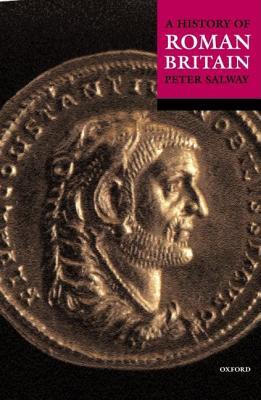
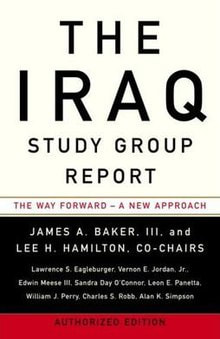
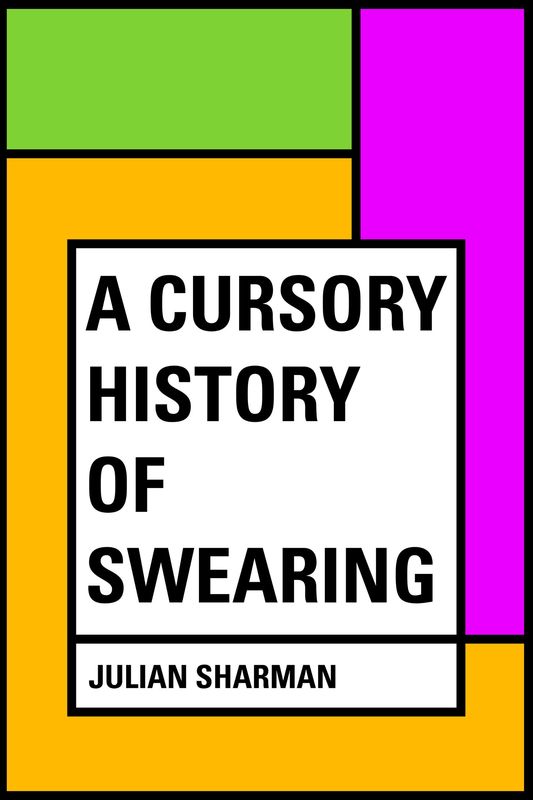
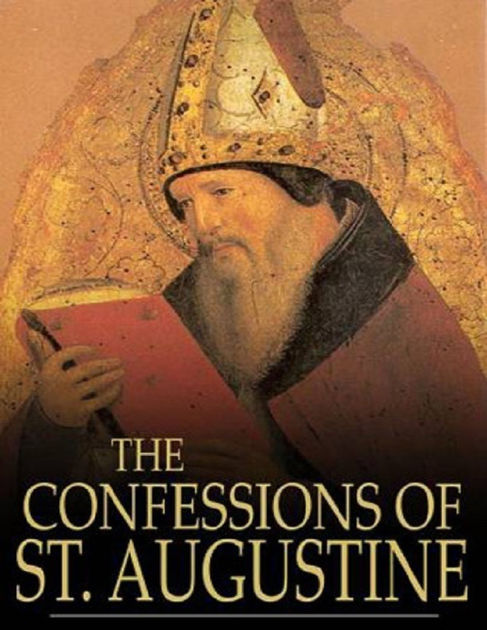














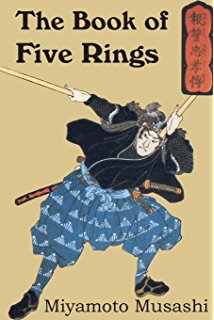
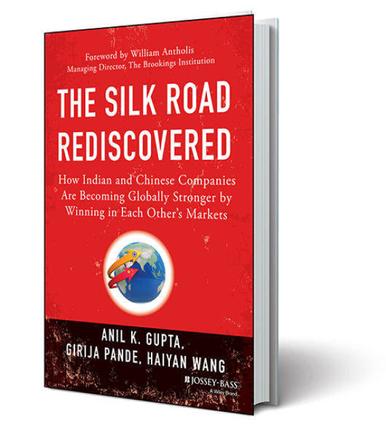
 RSS Feed
RSS Feed